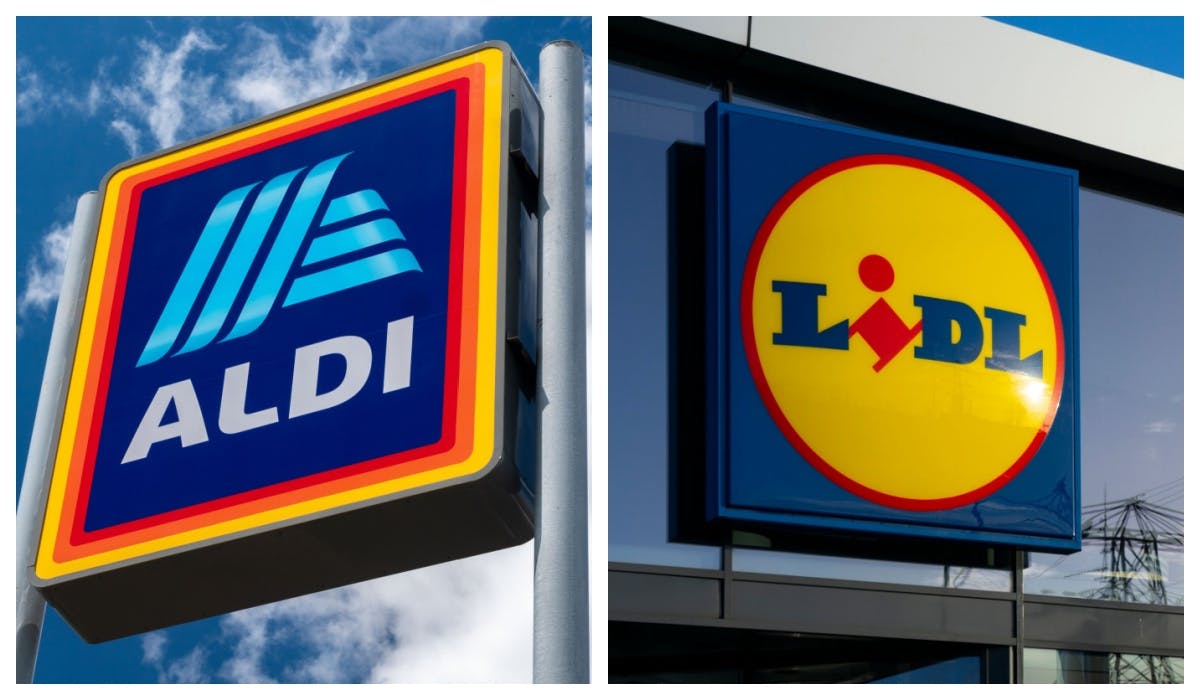
Aldi and Lidl's Christmas Triumph: The Power of Own-Brand Premium Products

Aldi and Lidl's triumph during the holiday season was fueled by their own-brand premium products and competitive pricing, resulting in impressive sales growth
Aldi and Lidl have both announced unprecedented Christmas seasons, further solidifying the discounters' impact on a retail market that was previously dominated by the 'Big Four' supermarkets.
Lidl attributes its best Christmas period ever to the success of its luxury in-house brand, reporting a 12% increase in total sales during the holiday season. Sales of its premium own-label products saw an 11% surge, indicating that approximately 4.5 million more customers shopped with the supermarket in December compared to the previous year.
The success of its sparkling wines, particularly the doubling of Montaudon Champagne Brut sales in December, contributed significantly to its overall success. Additionally, Prosecco sales saw a 45% increase compared to the previous year, indicating a positive trend. This shows that discounters can benefit from the product strategy of offering premium own-brand ranges, as demonstrated by Sainsburys' success with the same approach.
Lidl GB CEO, Ryan McDonnell, stated that this Christmas, Deluxe had record-breaking sales, with customers starting their festive celebrations early and opting for premium lines across all categories. Looking forward to 2024, McDonnell emphasized the company's dedication to providing the highest quality products at unbeatable value as footfall continues to increase.
Price and product
Notably, there was also a boost in sales for non food-related products. The brand’s Christmas merchandise, consisting mainly of clothing and some homeware, played a significant role in the sales success. Branded jumper sales experienced a "soaring" increase of 40% compared to the previous year, and Lidl Christmas socks sales also saw a rise from the previous year.
During the Christmas period, Lidl had higher sales than Aldi, although Aldi also had strong sales. Aldi's sales increased by 8% to £1.5bn for the four weeks ending on December 24. The 'Specially Selected wagyu rib joint' was highlighted as a consumer favorite in Aldi's reported results. Giles Hurley, Aldi's chief executive for UK and Ireland, attributed the success to the company's pricing strategy.
Aldi is committed to cutting prices even further in 2024, ensuring significant savings for customers on every shop. Tash Van Boxel, retail analyst at GlobalData, predicts that Aldi will maintain its focus on low prices relative to competitors, maintaining momentum and popularity among consumers as the fourth largest grocer in the food and grocery market.
Aldi and Lidl have been ramping up their marketing efforts, utilizing television and other mediums to communicate their message of competitive pricing and to challenge other supermarkets for market share. Kantar's latest retail statistics show that both discounters have continued to gain market share, with the trend persisting through the end of last year.














